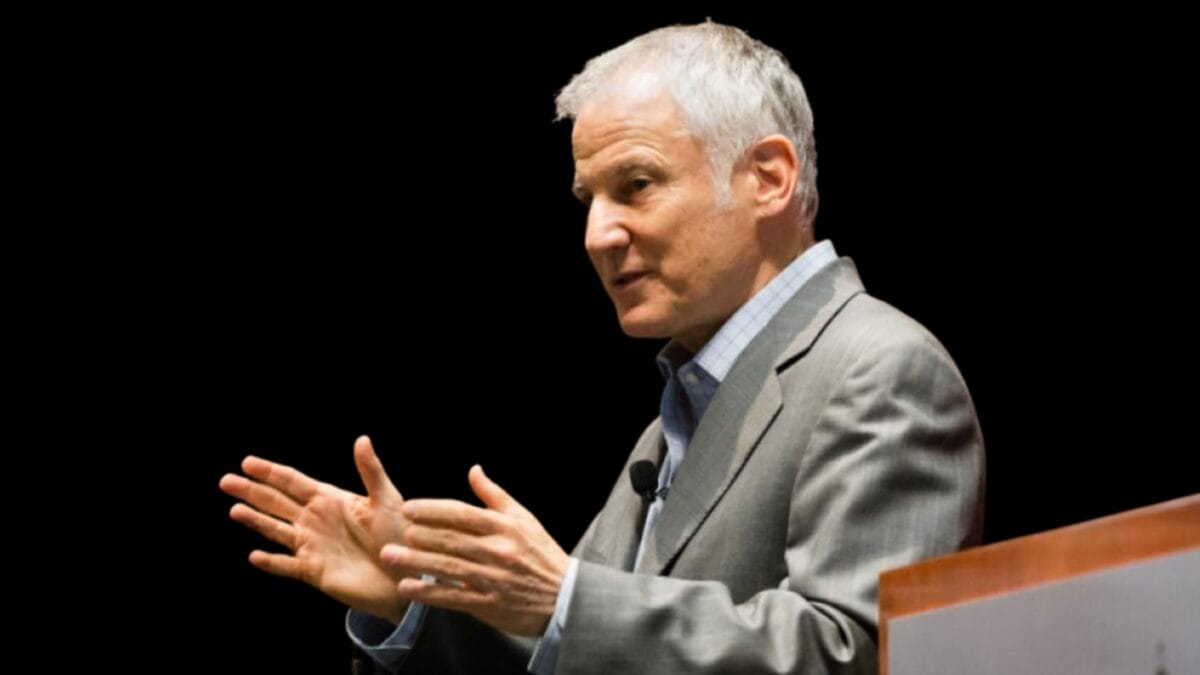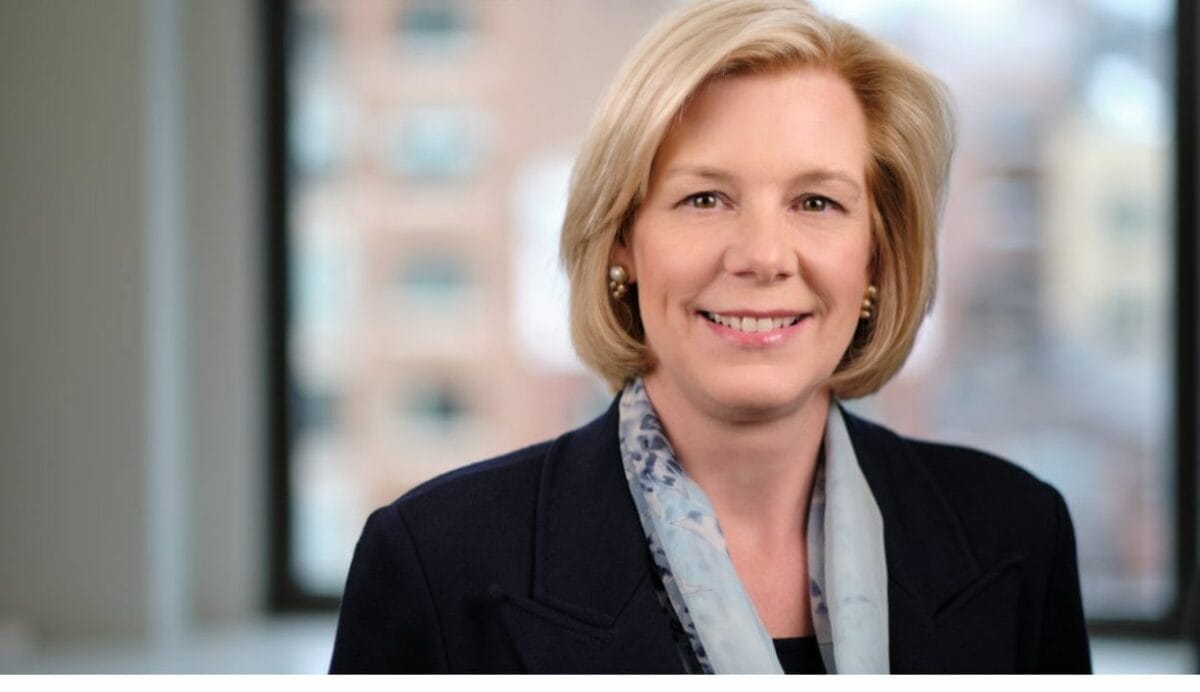A move away from “naïve engagement” between the US and China affords the opportunity for genuine diplomacy and stabilising relationships over the longer term according to Professor Stephen Kotkin, senior fellow at Stanford’s Freeman Spogli Institute for International Studies and the Kleinheinz Senior Fellow at the Hoover Institution.
Speaking to Top1000funds.com in a video interview on the anniversary of the Russian invasion of Ukraine, Kotkin said a significant armed conflict between the US and China is the “real” geopolitical risk and must be avoided because of its broader systemic impact.
“Geopolitical risk is exaggerated for the most part, most geopolitical risk does not affect markets in the way analysts claim,” he says. “The consequences on a humanitarian level are vast but on an investment level they can often be ignored. With China though it is much larger and systemic and so investors can’t ignore it.”
“I was never one to think that globalisation was at risk but I was one to think that China’s role in globalisation was going to shift radically, that trend was apparent before Russia’s full scale invasion of Ukraine and it has accelerated since.”
Kotkin, who is also the emeritus Professor in History and International Affairs at Princeton University, where he taught for 33 years is a world expert in geopolitics and authoritarian regimes including Russia.
He said amid all the atrocities, as well as the heroism, the Ukraine war has two invaluable achievements: it demonstrated both to China and to the West just how much strength the West possesses, and it showcased an outcome no one should want.
“This is no guarantee of statesmanship. It is, though, a basis for it,” he said. “One can, justifiably, be both more pessimistic and more optimistic at the same time, as a result.”
Kotkin said there were many surprises as a result of the conflict in Ukraine including Russia’s ability to withstand the sanctions. Althought hard to measure accurately he said Russia’s GDP decline was probably 2-4 per cent last year and may even see growth this year, while Ukraine has lost at least a third of GDP.
“The biggest surprise for me is the absence of another area of the world that has tried to take advantage of the situation, that has tried to do something while the world was distracted by Ukraine,” he said. “That hasn’t happened so that has been a pleasant surprise. It shows you have to be careful and humble with your forecasting but it also shows we are early in this war and there is much more that could come including economic dislocation.”




NYCBERS analyzed the last two decades of developed and emerging international allocations in our equity portfolio. The result suggests that historic assumed/projected returns, volatility, and correlation were not even close to being accurate. The historic assumptions led to a 15% allocation to Ex-US developed markets and emerging markets. Performance disappointed on all measures. As we approach a new asset-liability analysis and asset allocation, the question is what assumptions are reasonable for Ex-US developed and emerging markets, both absolute and relative, and what is it that impacted returns in international markets to create such deviation from expectations and relative performance? What did we, and our consultants get wrong? Also, if you believe in mean reversion what is the expectation for mean, and what will drive international markets to outperform the US (the historic assumption)?
Are we failing to account for Geopolitical risk or autocracy risk?